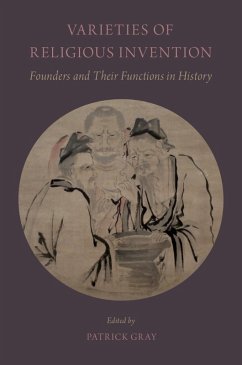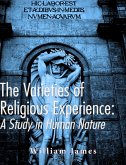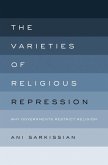At the origins of the major religious traditions one typically finds a seminal figure. Names such as Jesus, Muhammad, Confucius, and Moses are well known, yet their status as "founders" has not gone uncontested. Does Paul deserve the credit for founding Christianity? Is Laozi the father of Daoism, or should that title belong to Zhuangzi? What is at stake, if anything, in debates about the historical Buddha? What assumptions are implicit in the claim that Hinduism is a religion without a founder? The essays in Varieties of Religious Invention do not attempt to settle these perennial arguments. Rather, they consider the subtexts of such debates as an exercise in comparative religion: Who engages in them? To whom do they matter, and when? To what extent are origins thought to define the essence of a religion? When is development in a religious tradition perceived as deviation from its roots? In what ways do arguments about founders serve as proxies for broader cultural, theological, political, or ideological questions? What do they reveal about the ways in which the past is remembered and authority negotiated? Surveying the landscape shaped by these questions within each tradition, the authors provide insights and novel perspectives about the individual religions, and about the study of world religions more generally.
Dieser Download kann aus rechtlichen Gründen nur mit Rechnungsadresse in A, B, BG, CY, CZ, D, DK, EW, E, FIN, F, GR, HR, H, IRL, I, LT, L, LR, M, NL, PL, P, R, S, SLO, SK ausgeliefert werden.









